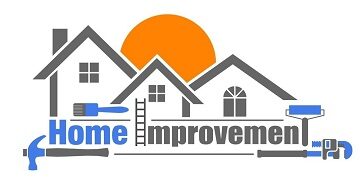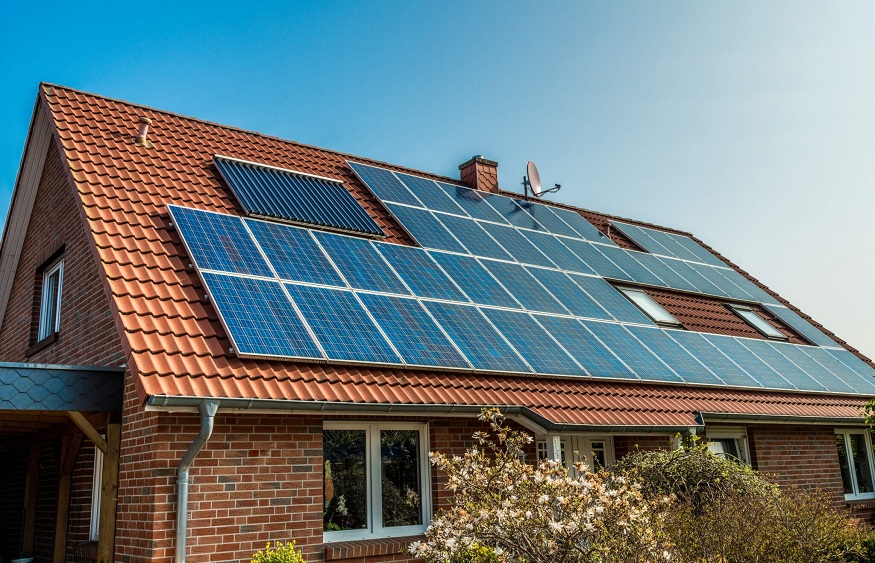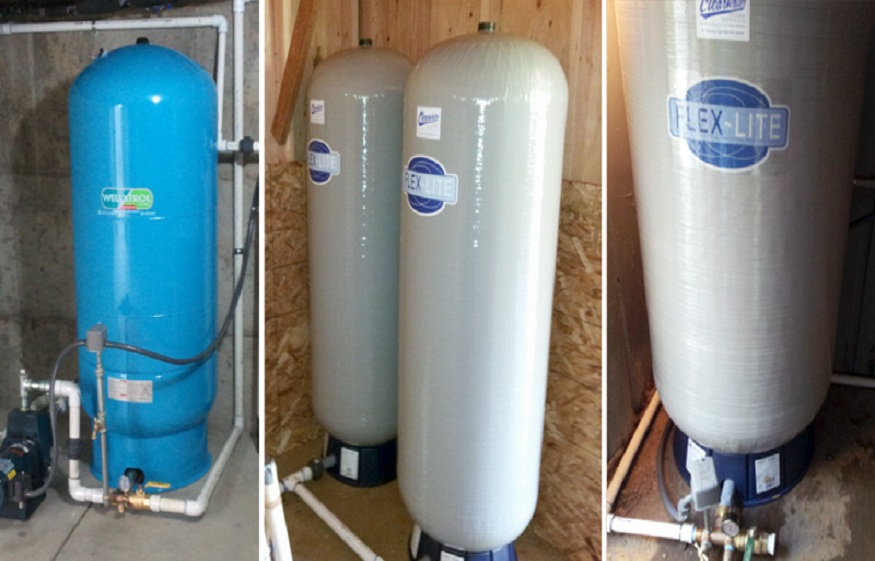How to Assess Your Energy Needs When Going Solar
Going solar is not as simple as placing an order online and waiting for the new solar panel system to arrive. No, according to the folk at solar company Vivint Solar there much more to it than that. Moreover, before any solar panels can be installed, your energy needs will need to be assessed. How do you know what your energy needs are though?
What is Your Energy Consumption?
Working out your energy consumption does not have to be as complicated as it sounds. You don’t need to get a monitor and check the consumption of every appliance or device in your home. The best way to check is by scrutinizing your energy bills. If you can’t find the information you’re looking for, then contact your energy provider and ask for a statement.
Matching the Solar Panel System to Your Needs
The size of solar panel system you’ll need really depends on the energy requirements of your home. The goal is for you to be getting as much energy as you can from the panels. Ideally then the solar panels would be capable of powering your home and then some, for a period of up to five hours a day (this is the average number of peak sunlight hours that most American homes get). Let’s put this in simpler terms.
The average American home uses around 30 kilowatt hours of energy each day. So, it would be ideal if your solar panel system could produce enough power to cover this. A solar panel system capable of producing this amount of power would usually contain around 24 solar panels, with each panel able to produce 250 watts of power in an hour. If you multiply 24 (solar panels) by 250 watts or 0.25 kilowatts (the power produced by each panel), you would get 6 kilowatts per hour. If your home was producing at maximum capacity for 5 hours a day, it would be generating 30 kilowatt hours, which would be enough to power your home.
But you need to be aware that a solar panel system is not always going to be working at full capacity. Even during those five hours of peak sunlight, cloud cover could be quite heavy, meaning that while the panels will still be working, it would be at a lower rate.
Another thing to consider is the fact that sometimes your energy consumption will be higher or lower than 30 kilowatt hours per day, depending on circumstances. Maybe you have a smaller than average home and your typical daily consumption averages about 20 kilowatt hours. Or perhaps your home is quite large and you are using an average of 45 kilowatt hours per day. Then again, it might be that on some days you use more energy than others.
When choosing the solar panel system, it is best to look at your average consumption over the course of a year and selecting one that will provide that much at minimum. If you go for a larger system, you could couple it with a solar battery to store the excess energy generated.
Conclusion
Before going solar, you need to know what size of solar panel system is required to power your home. Check your annual consumption and compare the various sizes of system to find the one that matches. If you want to get the most from a solar panel installation, it is a good idea to also have a battery system included. This way, you can store any excess energy your system generates. You can then use it to power your home at night or when the solar panel output is lower than average.



